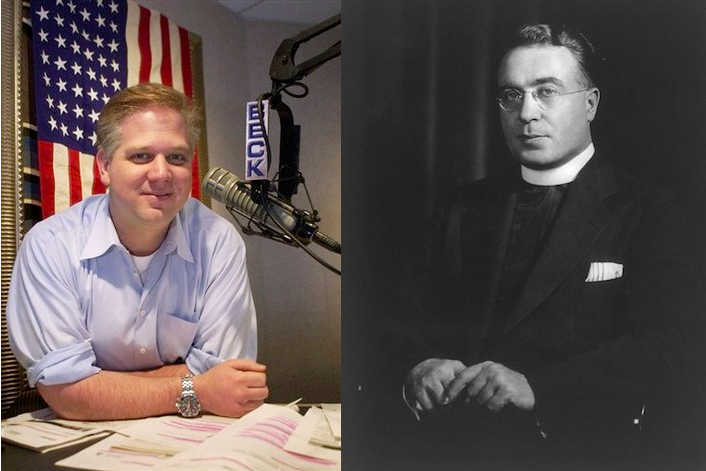
They're both on the radio, they both love Jesus, and they're both deeply committed to cardiovascular exercise
Part of the difficulty in understanding the cultural phenomenon that is Glenn Beck—and he’s been on the cover of Time magazine, just like Arsenio Hall, so it’s official now—is pinning down exactly what he is. Despite his occasional declarations to the contrary, it seems safe to say that Beck is some kind of a Political Person. Rarely does he use his shows to give us an awesome recipe for brownies or tell us how to fix our cars; pretty much everything Glenn Beck talks about relates to the federal government of the United States. Yet where he might fit, in terms of a coherent ideology that relates to our historical moment, is infuriatingly difficult to assess. “I’m so tired of everybody having a political agenda,” he has said. “Do you know what my political agenda is? America! America!” That’s super and all, but you can’t really cite “America” as your approach to American politics, for the same reason you can’t give directions to the mall by shouting “this Subaru! this Subaru!” over and over. Beck appears to be a conservative, insofar as he is dedicated in his opposition to President Obama, but he also spends a lot of time criticizing the Republican Party. He’s deeply alarmed about both fascism and socialism, as embodied in the continued existence of the federal government; that and the general protect-your-freedom tenor of his beloved Tea Party movement suggest that he might be some kind of libertarian. But he’s also a converted Mormon, a virulent opponent of gay marriage, and a crusader against drug legalization. In general, Beck is against so much and for so little that he functions as a sort of political ghost: vaporous, impossible to pin down, yet seemingly everywhere and constantly moaning.
